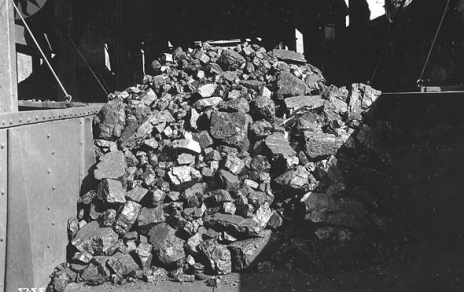India has abandoned a plan to form a consortium of state-run companies for joint negotiations to import coking coal, a key raw material for steel, due to differences among mills over the grades they need, said two sources directly aware of the matter.
India, the world’s second-biggest crude steel producer, imports about 85% of its annual coking coal consumption of around 70 million metric tons.
“We want steel companies to come together with their might but a system where a common buyer operates will be difficult because of their varying requirements,” one of the sources said, declining to be identified as discussions are not public.
Reuters previously reported that a proposal for a consortium was underway to help steel mills hedge against global supply disruptions and volatile prices of coking coal.
Last year erratic weather conditions hit coking coal supplies from Australia, which accounts for more than half of India’s annual imports, leading to a sharp spike in prices.
Other than Australia, India imports coking coal from the United States, Russia and Canada, among others.
The federal Ministry of Steel did not immediately reply to an emailed request for comment.
Some steelmakers believe they will cease to get a discount under their long-term deals if they negotiate through a consortium, a second source said.
The federal Ministry of Steel has urged mills to increase purchases of coking coal through spot markets to increase liquidity in the segment, the first source said.
Spot purchases account for 20% of total trades, according to commodities consultancy BigMint.
Steelmakers and government officials have said that the index most commonly used is not always reflective of the market and India should formulate its own index, both sources said.
Indian mills usually rely on the S&P Global Platts index to settle trades, BigMint said.
The ministry has also asked mills to diversify coking coal import sources and boost purchases from countries including Russia to cut dependence on Australia, the first source said.
India is also attempting to work on securing a trade route to import coking coal from landlocked Mongolia.
(Reporting by Neha Arora; Editing by Nidhi Verma and Gareth Jones)
